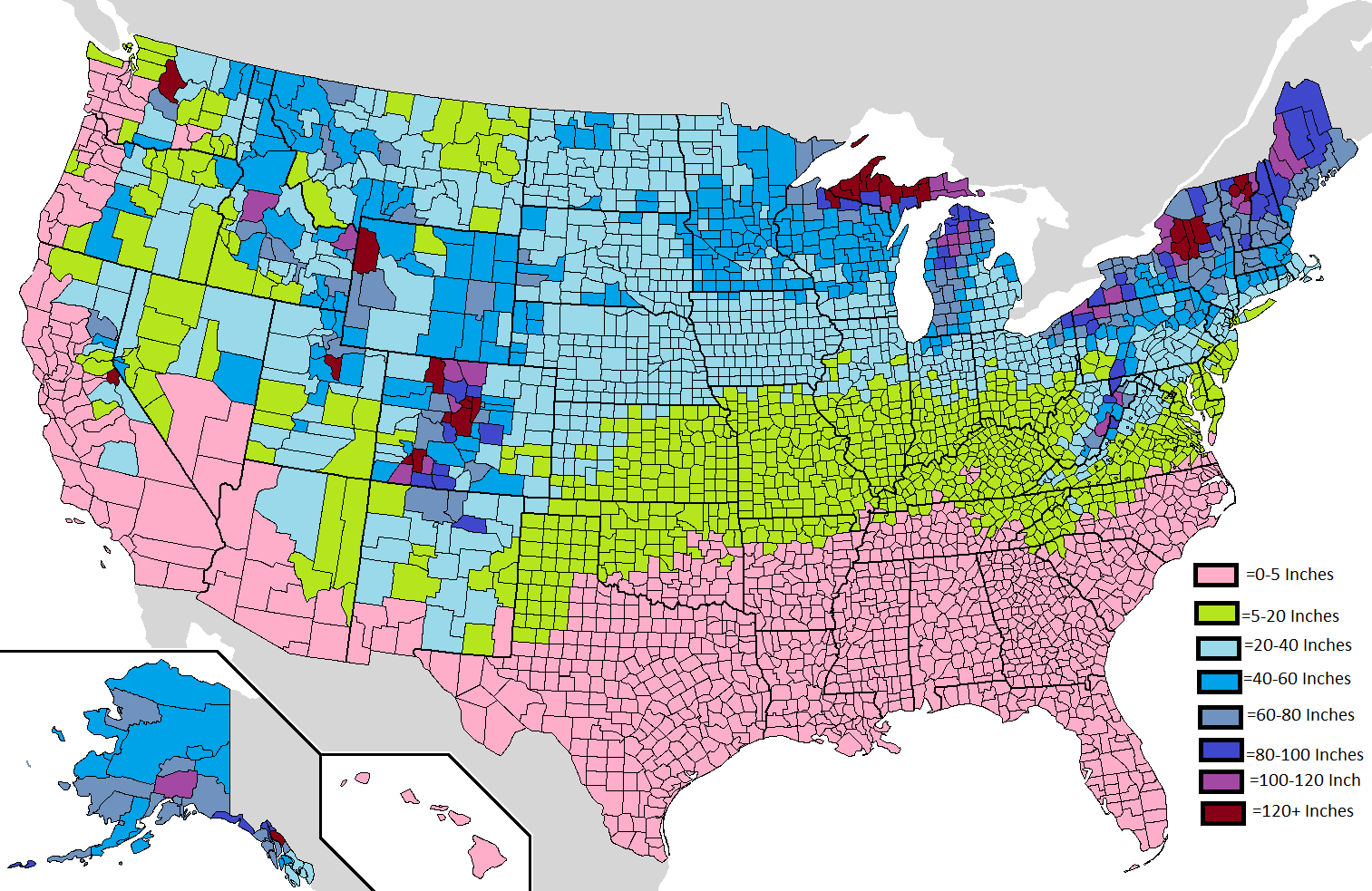Google's AI Training: Can Web Content Be Used Post-Opt-Out?

Table of Contents
Introduction: Google's artificial intelligence (AI) models are renowned for their power and capabilities, largely fueled by the vast amounts of web data used for their training. But what happens to your website's content after you opt out of Google's data collection? This crucial question lies at the heart of a complex issue involving data privacy, AI ethics, and the practical limitations of data removal. This article delves into Google's data usage policies, exploring whether your web content remains accessible for AI training even after you've exercised your right to opt out. We'll examine the legal and technical challenges involved, and offer guidance on protecting your online data.
Understanding Google's Data Collection Practices
What Data Does Google Collect?
Google's data collection for AI training is extensive. They gather a wide range of information from the web, including:
- Website text: The actual words and content on your web pages.
- Images: Visual data from your site, used to train image recognition algorithms.
- Code: The underlying source code of your website, potentially influencing how AI understands web structure.
- Metadata: Information about your website, such as page titles, descriptions, and URLs.
This data collection fuels improvements in various Google services, offering benefits to both Google and users. For Google, it allows for the development of more sophisticated AI models. For users, it translates to better search results, more accurate image searches, and generally improved functionality across Google's ecosystem.
The Opt-Out Process and its Limitations
While Google offers some mechanisms to limit data collection, the opt-out process and its effectiveness are not always transparent or straightforward. The exact steps vary depending on the specific Google service and might involve:
- Adjusting privacy settings within your Google account.
- Using browser extensions or plugins designed to block data collection.
- Employing specific website directives (like
robots.txt).
However, it's crucial to understand the limitations. Even after opting out of Google Search, your data might still be retained for other Google services or for legitimate purposes such as security or fraud prevention. Google's policies often allow for the retention of data even after an opt-out request, raising questions about the true extent of user control. Understanding the nuanced differences between opting out of Google Search versus other Google services like Google Analytics is also vital.
Google's Transparency Regarding Data Usage
Google's privacy policies and terms of service contain information about data usage for AI training, but fully grasping the extent of this usage can be challenging. Navigating the complex legal language and interpreting the implications requires careful analysis. Key sections of their documentation, while often lengthy and technical, should be reviewed to gain a better understanding. However, the sheer volume and complexity of these policies often leave users uncertain about precisely how their data is utilized.
Can Your Content Still Be Used After Opting Out?
The Legal and Ethical Gray Areas
The legal landscape surrounding data usage post-opt-out remains ambiguous. While Google claims adherence to data protection regulations, the sheer scale of their data collection and the complexity of their AI training processes create grey areas. Legally enforcing opt-out requests across such a massive dataset presents significant challenges. Ethically, the use of data after explicit opt-out raises concerns about user consent and the potential for misuse.
Technical Challenges of Complete Data Removal
Completely removing data from Google's vast datasets is technically extremely difficult. Several factors contribute to this challenge:
- Cached data: Google maintains extensive caches of web pages, which may persist even after an opt-out request.
- Backups: Regular backups of their datasets are essential for system resilience, making complete data removal complex.
- Distributed nature: Google's systems are spread across numerous data centers globally, making coordinated data removal a monumental task.
The Ongoing Debate on Data Privacy and AI
The debate surrounding data privacy and the ethical implications of AI training is ongoing. News articles, academic studies, and public discourse constantly highlight the tensions between technological advancement and the protection of individual rights. This evolving discussion underscores the need for greater transparency and stronger regulations to ensure ethical data practices.
Protecting Your Web Content from AI Training
Best Practices for Data Privacy
While completely preventing your content from being used by Google's AI is likely impossible, you can take steps to minimize its likelihood:
- robots.txt: Use this file to instruct web crawlers to avoid indexing certain parts of your website.
- noindex tags: Implement these tags in your website's HTML to prevent specific pages from being indexed by search engines.
- Data minimization: Only collect and publish the data necessary for your website's function.
The effectiveness of these methods varies, and Google's interpretation of these directives is not always consistent.
Monitoring Your Data Usage
Monitoring how Google accesses and uses your data is challenging but not impossible. While no single perfect solution exists, you can explore:
- Using website analytics tools to observe traffic patterns.
- Analyzing Google Search Console data to understand how Google indexes your site.
- Staying informed about Google's evolving data policies and practices.
Advocating for Stronger Data Protection Policies
Participate in the public debate on data privacy and AI. Advocate for stronger data protection policies, demanding greater transparency and accountability from tech companies like Google. Your voice is essential in shaping the future of data privacy and AI ethics.
Conclusion
Google's AI training relies on vast amounts of web data. While opt-out options exist, complete removal of your content from Google's AI training datasets presents significant technical and legal hurdles. The ethical implications of using data without explicit, ongoing consent remain a critical concern. Stay informed about Google's data policies, actively protect your online privacy, and learn more about managing your data usage with Google. Explore the options for minimizing your web content's contribution to AI training, understand your rights, and advocate for stronger data protection regulations concerning Google's AI training. Your proactive engagement is crucial in shaping a future where data privacy and AI innovation coexist responsibly.

Featured Posts
-
 The China Factor How It Affects Luxury Car Brands Like Bmw And Porsche
May 05, 2025
The China Factor How It Affects Luxury Car Brands Like Bmw And Porsche
May 05, 2025 -
 The Rock Band That Almost Was Lizzo Sza And A Mystery Musician
May 05, 2025
The Rock Band That Almost Was Lizzo Sza And A Mystery Musician
May 05, 2025 -
 High Profile Office365 Hack Leads To Multi Million Dollar Theft
May 05, 2025
High Profile Office365 Hack Leads To Multi Million Dollar Theft
May 05, 2025 -
 Unexpected Spring Snow 1 2 Inches Possible In Some Nyc Suburbs
May 05, 2025
Unexpected Spring Snow 1 2 Inches Possible In Some Nyc Suburbs
May 05, 2025 -
 Transportation Department Announces Workforce Reduction May Deadline
May 05, 2025
Transportation Department Announces Workforce Reduction May Deadline
May 05, 2025
Latest Posts
-
 1 2 Inches Of Spring Snow Possible Tomorrow In Select Nyc Suburbs
May 05, 2025
1 2 Inches Of Spring Snow Possible Tomorrow In Select Nyc Suburbs
May 05, 2025 -
 The Declining Production Of Darjeeling Tea A Worrying Trend
May 05, 2025
The Declining Production Of Darjeeling Tea A Worrying Trend
May 05, 2025 -
 Unexpected Spring Snow 1 2 Inches Possible In Some Nyc Suburbs
May 05, 2025
Unexpected Spring Snow 1 2 Inches Possible In Some Nyc Suburbs
May 05, 2025 -
 Is Darjeeling Teas Future At Risk
May 05, 2025
Is Darjeeling Teas Future At Risk
May 05, 2025 -
 Spring Snowfall Forecast 1 2 Inches For Parts Of Nyc Suburbs
May 05, 2025
Spring Snowfall Forecast 1 2 Inches For Parts Of Nyc Suburbs
May 05, 2025
